THE YALE DRAMA SERIESDavid Charles Horn Foundation
The Yale Drama Series is funded by the generous support of the David Charles Horn Foundation, established in 2003 by Francine Horn to honor the memory of her husband, David. In keeping with David Horns lifetime commitment to the written word, the David Charles Horn Foundation commemorates his aspirations and achievements by supporting new initiatives in the literary and dramatic arts.
Celia, a Slave BARBARA SEYDA
Foreword by Nicholas Wright
Published with assistance from the foundation established in memory of Amasa Stone Mather of the Class of 1907, Yale College. Copyright 2016 by Barbara Seyda. Foreword copyright 2016 by Nicholas Wright. All rights reserved.
This book may not be reproduced, in whole or in part, including illustrations, in any form (beyond that copying permitted by Sections 107 and 108 of the U.S. Copyright Law and except by reviewers for the public press), without written permission from the publishers. Yale University Press books may be purchased in quantity for educational, business, or promotional use. For information, please e-mail (U.K. office). Set in ITC Galliard and Sabon types by Integrated Publishing Solutions.
Printed in the United States of America. Library of Congress Control Number: 2016932439 ISBN 978-0-300-19706-8 (pbk : alk. paper) A catalogue record for this book is available from the British Library. This paper meets the requirements of ANSI/NISO Z39.481992 (Permanence of Paper). 10 9 8 7 6 5 4 3 2 1 All inquiries concerning stock and amateur rights should be addressed to Mark Orsini, Bret Adams Ltd., 448 West 44th Street, New York, NY 10036, 212-765-5630, .
Contents
,
by Nicholas WrightForeword
C elia, a Slave was chosen as winner of the 2015 Yale Drama Series Award by myself and a panel of twelve.
Contents
,
by Nicholas WrightForeword
C elia, a Slave was chosen as winner of the 2015 Yale Drama Series Award by myself and a panel of twelve.
Francine Horn, who is the originator and presiding genius of the David Charles Horn Foundation, had asked me to judge the competition for a period of two years, taking over from the American playwright Marsha Norman. (Judges are appointed biennially and alternately from the United States and the United Kingdom.) Between fourteen and fifteen hundred entries had arrived, far more than I could deal with myself, so I assembled a panel of twelve people I knew and trusted: the playwrights Alice Birch, Howard Brenton, Rebecca Lenciewicz, and Barney Norris; the directors Natalie Abrahami, Jeff James, and Amelia Sears; the dramaturges Tom Lyons (National Theatre) and David Tushingham (Dramaturg Salzburg Festival); the Royal Court artistic associate Emily McLaughlin; the former Channel Four commissioning editor Peter Ansorge, and the Faber editorial director of drama Dinah Wood. Each of us took as many plays as we thought we could handle, and between us we assessed them all. Two meetings followed: one where we introduced our favorite plays and argued for them, sometimes successfully and sometimes not; and a second meeting around my kitchen table, where we talked through the twelve short-listers that all of us had read. Our discussions were uninhibited, serious, funny, and generous. A few of the panelists were almost as old as me, and Im in my seventies; most were in their twenties or barely out of them.
I was intrigued by the coincidences of opinion (many) and the differences (hardly any) that occurred across the generations. I was also struck by the difference between choosing plays for productionwhich Ive been involved in for much of my lifeand judging them for a competition. If the aim is production, then all sorts of other factors start raising their heads, some prosaic, some verging on the ignoble. Can we afford to do a play with such an enormous cast? Can we find the right director? How well will this play sit in the program, when you view the program overall? Will it clash? Judging plays for a competition is a purer craft, though its not always easy to define what one is doing. Youre looking for a good play, no two ways about that. The question that nags is, What constitutes good? Is it a subjective view that grows on you for reasons you cant define? Or a cool assessment of how successful you think the play would be if it were produced? Or should you measure the play against a set of rules? Well-rounded characters (6), lucid storytelling (8), satisfactory resolution (4)? (This last method is more common than you might think.
Ive quite often seen plays judged by their success or failure to observe a set of formulas that dont have any existence except in the head of the person doing the judging. As the prospect of production is alluring for the writer, this causes a lot of rewriting to take place, though few plays are much improved by it. Mostly they simply become more like other plays.) The truest reaction is the absence of doubt. You start to read and the play takes over. It catches you up, it sweeps you along, the strings of your heart begin to stir in sympathetic vibration, and you reach the last page in a state of extraordinary good cheer: you know that the ancient human genius for creating deep metaphor out of observed reality is still alive. This happens rarely: when I was reading plays daily at the National Theatre, once a year was about as much as I could hope for.
Reading plays below this stratospheric level constitutes work, but its work of a very rewarding kind. Few people believe this, but nobody ever started reading a play without hoping that it would be good. If that hope dies, its because the play has killed it by some word or action or development that you dont believe, belief being the essential test. Do you believe the characters? Not just believe in the sense of finding them roughly lifelike: thats setting the bar too low. Can you hear their voices? Do you find yourself reading their words aloud? Can you see the characters in your minds eye? Can you see their surroundings? Reading plays, just like producing them or acting in them, is an intensely sensuous business: colors, voices, and physical sensations are an intimate part of it. What else are you looking for? Originality, of course: original in the sense that the basis of the play is life as opposed to art.
Personality: the sense that the play is written by a human being and not a machine. You look for life, meaning enough buoyancy to keep the action in the air. And to my eye at least, what comes tops is the humane element. This isnt dowdy naturalism: its the ability to convey the intelligence, empathy, and sparkle that makes us human. What a piece of a work is a man, says Hamlet the prince, extolling Gods creation of humanity. Whenever I see this scene, I imagine a kind of shadow-drama in which Shakespeare is caught marveling at his power to create astonishing people.
And his acknowledgment of failure: And yet, to me, what is this quintessence of dust? When I read a play, I try to act as a blank screen, sensitive to whatever is being beamed at it: the play-reading equivalent of a psychoanalyst. I dont talk back, as it were, and I try not to let my artistic, political, or moral prejudices affect my judgment. But as my prejudices, like everyone elses, are invisible to me, Ive no way of knowing how successful Im being at putting them aside. I was reminded of this yesterday when I read the words of a British Asian poet writing about the lack of cultural diversity in British publishing: If you think youre liberal-minded and, therefore, fair- and open-minded, youre probably the most dangerous person for minority writers; you probably think your taste is broadly representative and takes the middle ground. I cant logically argue against this, but its a good cue to point out a couple of things about the Yale competition. One is that the plays are read blind.


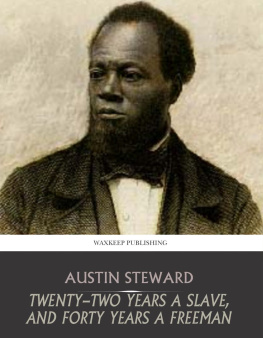
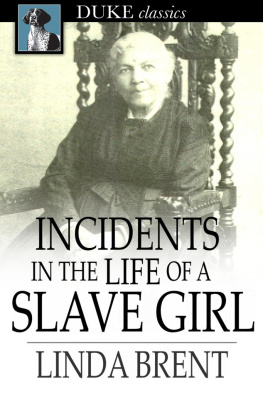
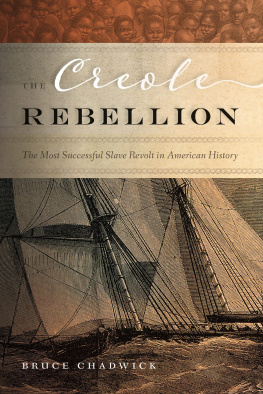
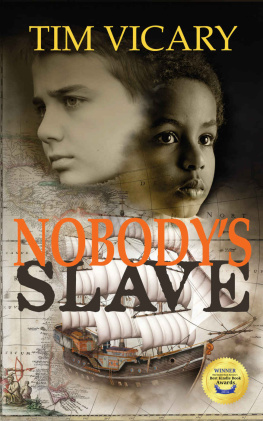
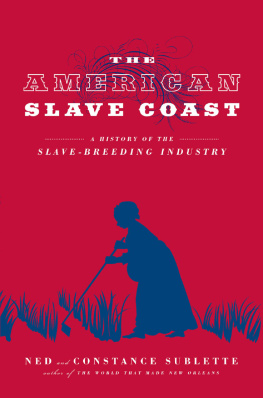
 Published with assistance from the foundation established in memory of Amasa Stone Mather of the Class of 1907, Yale College. Copyright 2016 by Barbara Seyda. Foreword copyright 2016 by Nicholas Wright. All rights reserved.
Published with assistance from the foundation established in memory of Amasa Stone Mather of the Class of 1907, Yale College. Copyright 2016 by Barbara Seyda. Foreword copyright 2016 by Nicholas Wright. All rights reserved.